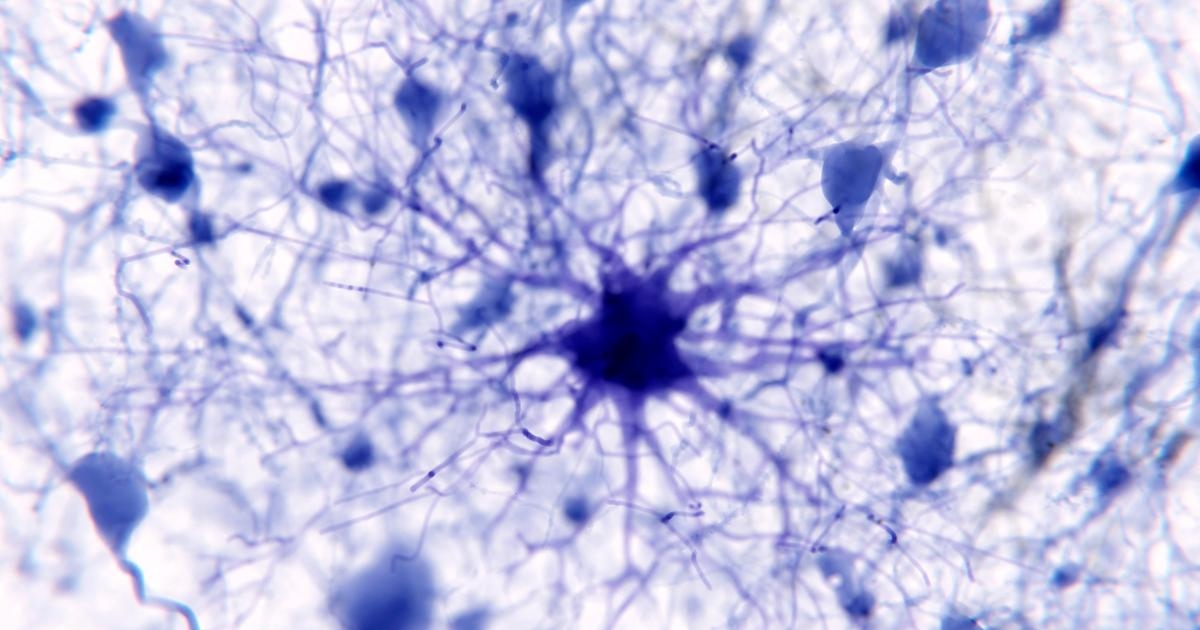Astrocytes, support for emotional memories?

Have we discovered what allows a memory to become deeply anchored in memory? Researchers at the Riken Center in Japan have highlighted the role not of neurons but of astrocytes, which were previously thought to only serve to assist neurons.
A team from Riken, one of Japan's largest research institutes, has discovered that a particular type of cell, astrocytes, plays a key role in imprinting long-term memories in the brain. Their findings are detailed in a study published in Nature .
“It was thought that astrocytes simply helped neurons create the physical traces of memory in the brain, but this study shows they have a much more active role, and can be directly triggered by repeated emotional experiences,” the magazine says. in a popular article .
Asked to comment on this work, Maite Solas Zubiaurre, a neuroscience researcher at the University of Navarre, Spain, enthuses:
“I think it's revolutionary, because the only cells that encode memory are neurons, according to the dominant dogma in neuroscience.”
Jun Nagai and his colleagues wondered how a short-term memory could become permanent in the brain, given that engrams, that is, the physical traces of memory in neurons, were not sufficient to anchor memories.
By conducting experiments on mice, the Japanese team showed that an emotionally intense experience, such as a tremendous fright, leaves traces in astrocytes for several days. And when the experience is repeated, and the astrocytes are stimulated again, the memory stabilizes. The study authors believe that astrocytes are an avenue worth exploring to help people with post-traumatic stress disorder.
Courrier International





